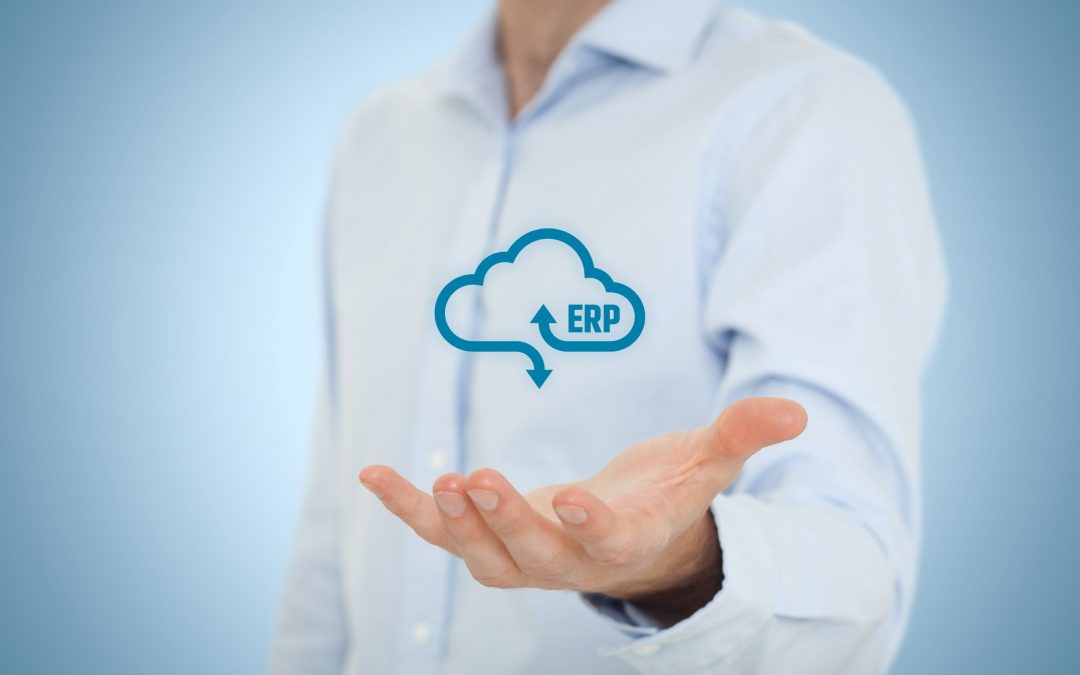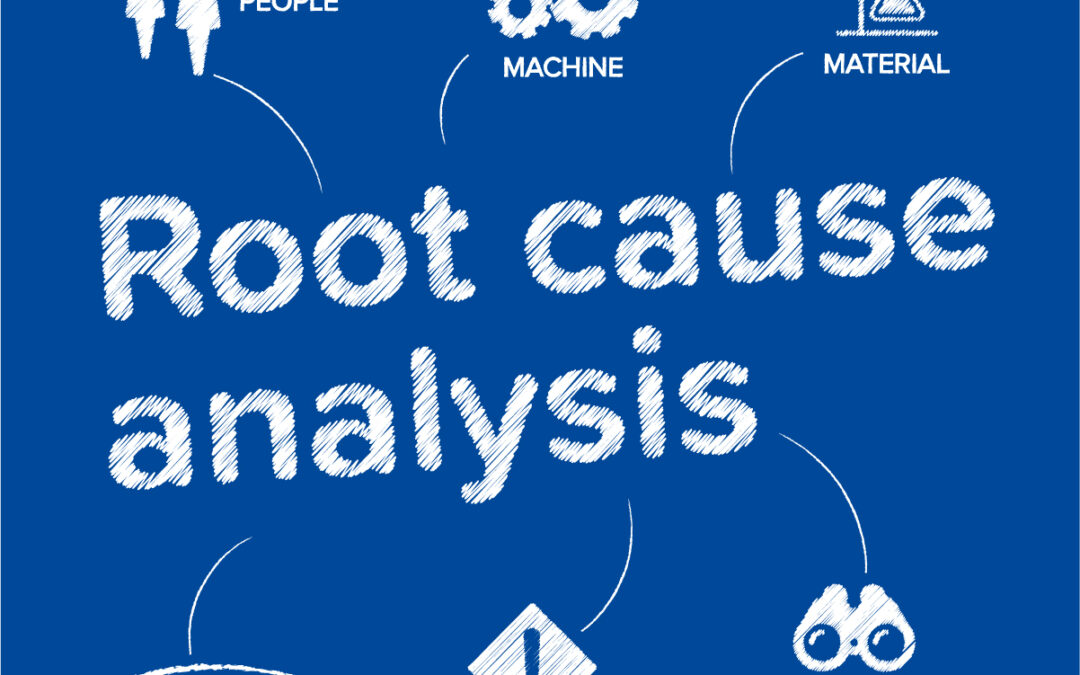Business vulnerabilities exposed during the Pandemic accelerated the adoption of cloud computing and digital transformation as businesses sought the resilience, agility and flexibility required to respond to challenges and future-proof their operations.


